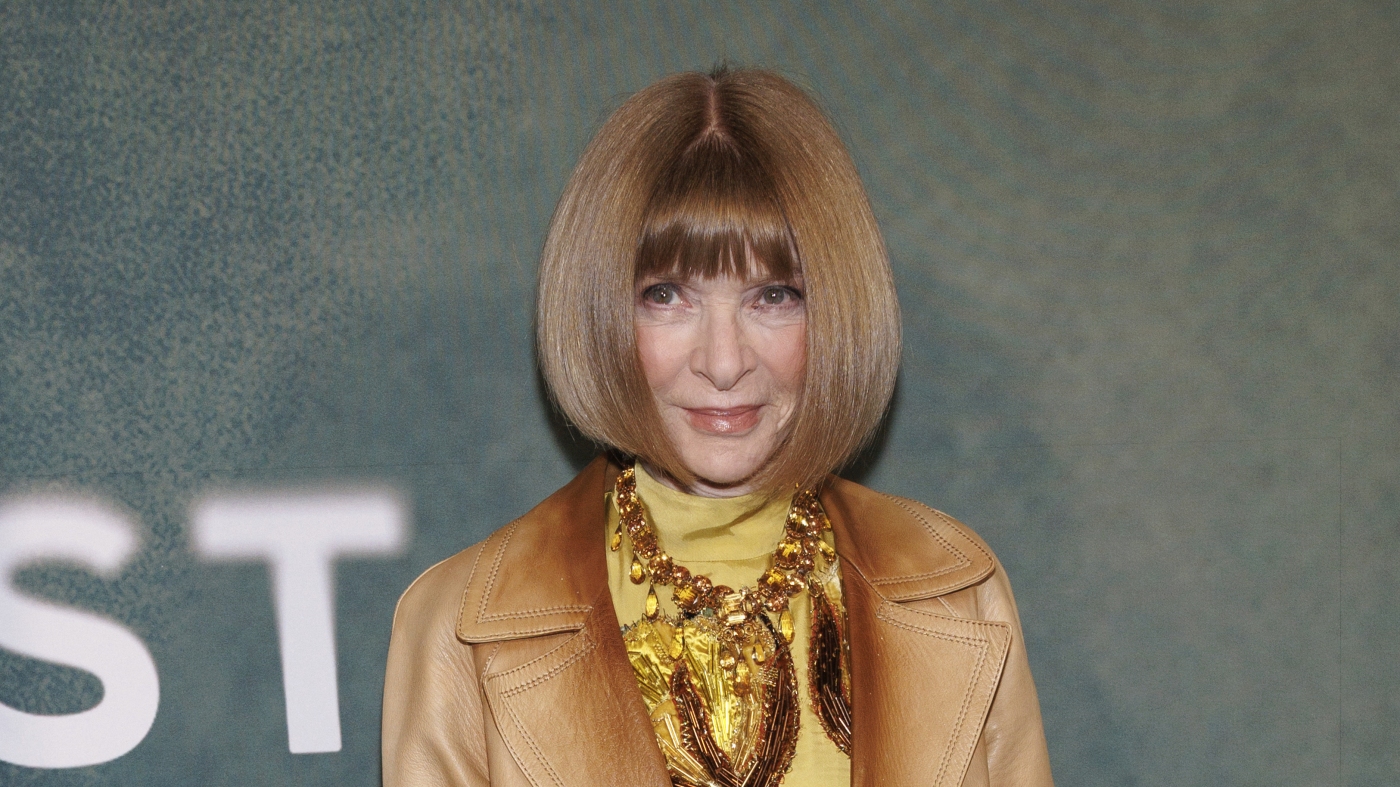Anna Wintour’s transition from the editor-in-chief role at *Vogue* marks a pivotal moment in fashion media, signaling both an end and a new beginning. For nearly four decades, Wintour has been the defining force behind *Vogue*, shaping its editorial vision, cultural influence, and global reach. Her decision to step aside from the day-to-day operations of *Vogue* US while retaining her broader leadership roles at Condé Nast and *Vogue* worldwide reflects a strategic realignment rather than a retreat. This shift raises critical questions about the future of *Vogue*, the evolution of fashion media, and the enduring legacy of one of the industry’s most iconic figures.
A Strategic Realignment
Wintour’s decision to cede control of *Vogue* US is not about stepping back but about stepping up. As global chief content officer for Condé Nast and global editorial director of *Vogue* worldwide, she is positioning herself to oversee the broader strategic direction of the brand. This move allows her to focus on global expansion, international collaborations, and long-term vision rather than the day-to-day management of a single publication. The role of “head of editorial content” for *Vogue* US, as opposed to the traditional editor-in-chief, underscores a shift toward a more collaborative and multidisciplinary approach to content creation. This reflects the changing landscape of media, where digital platforms, social media, and global audiences demand a more dynamic and adaptive editorial strategy.
The Search for a New Leader
The search for Wintour’s successor is more than a personnel change—it is a litmus test for the future of *Vogue* and fashion media. The ideal candidate must balance reverence for the brand’s legacy with an appetite for innovation. This individual will need to navigate the complexities of a rapidly evolving media landscape, where digital fluency, social awareness, and creative vision are paramount. The choice of successor will reveal much about *Vogue’s* priorities: Will it double down on its traditional role as a tastemaker, or will it embrace a more inclusive and experimental approach? The answer will not only shape the future of *Vogue* but also set a precedent for other legacy publications grappling with similar challenges.
Redefining *Vogue*’s Editorial Vision
Under Wintour’s leadership, *Vogue* US was characterized by a singular, authoritative voice that dictated trends and cultural conversations. The new editorial leader will have the opportunity to redefine this vision, potentially embracing a more collaborative and inclusive approach. This could mean greater collaboration with international editions, a focus on diverse voices, and a more porous boundary between high fashion and streetwear. The challenge will be to maintain *Vogue’s* unique point of view while adapting to the demands of a digital-first audience. The magazine is no longer just a print publication; it is an omnichannel entity, encompassing YouTube series, podcasts, TikTok content, and Instagram photo essays. The new leader must synthesize these platforms without diluting the essence of what makes *Vogue* iconic.
Wintour’s Enduring Influence
Despite stepping back from the day-to-day operations of *Vogue* US, Wintour’s influence will remain pervasive. As the global editorial director of *Vogue* worldwide, she will continue to shape the brand’s strategic direction, fostering connections between international editions and overseeing cross-pollination of talent and ideas. Her role will be less about micromanaging individual issues and more about steering the ship through the turbulent waters of digital transformation, AI-driven content creation, and shifting reader expectations. Wintour’s continued presence ensures that *Vogue* will maintain its status as a gold standard for quality and style, even as it adapts to new technologies and platforms.
The Broader Implications for Fashion Media
Wintour’s transition is not just a *Vogue* story—it is a watershed moment for the entire fashion media ecosystem. The shift signals a generational handover, where new voices and perspectives can reshape the industry’s hierarchies. It also underscores the importance of globalization, digitalization, and diversity in fashion media. *Vogue* must adapt to a world where trends are no longer dictated solely from New York or Paris but emerge from a global tapestry of cultures and influences. The next era of *Vogue* will be shaped by algorithms, immersive technologies, and real-time engagement with audiences across multiple platforms.
The End of an Archetype
Wintour’s move also marks the end of an archetype—the all-powerful magazine editor who wields unparalleled influence over the industry. Future leaders will not rule alone but will collaborate with teams of digital natives, data analysts, and multi-platform content producers. This shift reflects the broader evolution of media, where authority is decentralized, and collaboration is key. However, Wintour’s continued presence ensures that her vision and standards will remain a guiding force, even as the industry evolves.
The Future of *Vogue*
As *Vogue* navigates this transition, the biggest risk is not scandal or style drift but irrelevance. The challenge ahead is to bridge the gap between tradition and innovation, maintaining *Vogue’s* mystique and influence while adapting to the demands of a digital-first world. The new leader will inherit a brand that is unmatched in visibility and cultural impact, but they will also face the monumental task of ensuring its continued relevance. The legacy of Anna Wintour will linger in every page, every campaign, and every red-carpet moment *Vogue* shapes. However, the future of the magazine will be determined by its ability to reflect and direct the world, not just mirror it.
In conclusion, Anna Wintour’s transition from *Vogue* US editor-in-chief to a broader leadership role at Condé Nast and *Vogue* worldwide is a strategic realignment that reflects the evolving landscape of fashion media. This shift opens the door for a new era of *Vogue*, where collaboration, digital innovation, and global perspectives will shape its future. While Wintour’s influence will remain pervasive, the search for her successor and the redefinition of *Vogue’s* editorial vision will determine the magazine’s trajectory in the years to come. The end of an era is also the beginning of a new chapter, one that will test *Vogue’s* ability to remain a cultural force in an ever-changing world.








